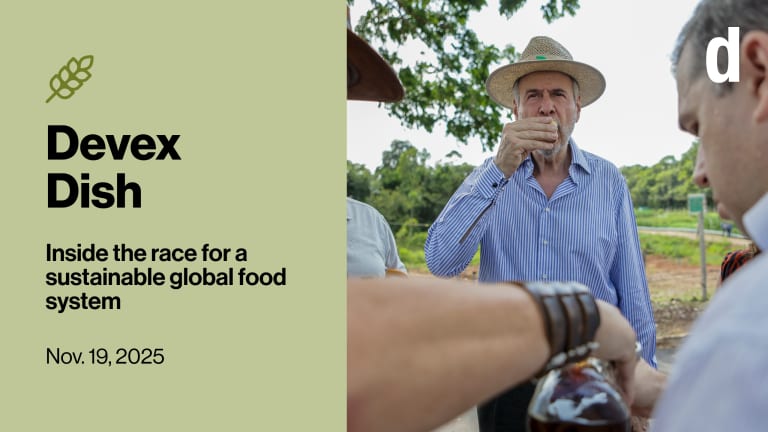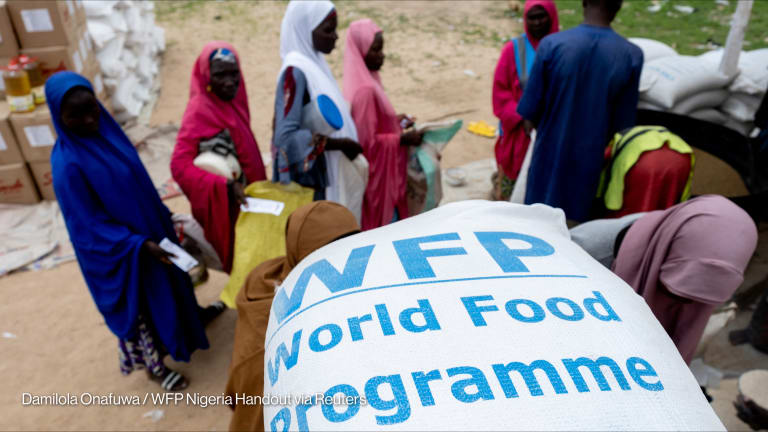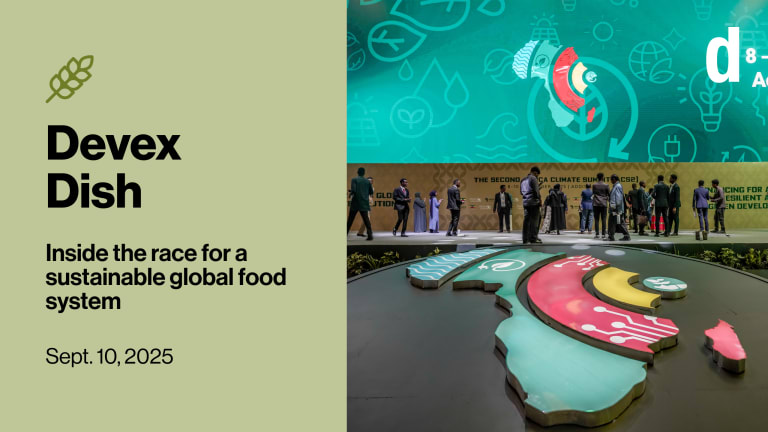
A new study by U.S. scientists claims there will be an increase in climate-related droughts in East Africa over the next few decades. How will this finding affect the U.S. government’s food aid strategies?
The study, funded by U.S. Agency for International Development’s Famine Early Warning Systems Network, contradicts previous research conducted by the United Nations Intergovernmental Panel on Climate Change, which noted there will be more rain in East Africa, not less.
“We take very seriously the picture this new research is painting for the Horn of Africa,” Gary Eilerts, program manager of the FEWS NET, told SolveClimate News. “The situation it describes will certainly make food insecurity more fragile in the already extremely vulnerable region.”
James Verdin, the U.S. Geological Survey’s project leader for FEWS NET, said droughts are “the principal climatic hazard to food security issues and to countries that are dependent on subsistence agriculture and pastoralism.”
Authorities will have to adjust food aid budgets accordingly, Verdin told SolveClimate News.
“As much effort as we put into providing warning, food aid is largely a humanitarian response activity. If we see a trend like the one that has been observed ― and predicted ― for East Africa that provides an important backdrop to year-to-year food aid programming,” Verdin said.
Read more development aid news.








